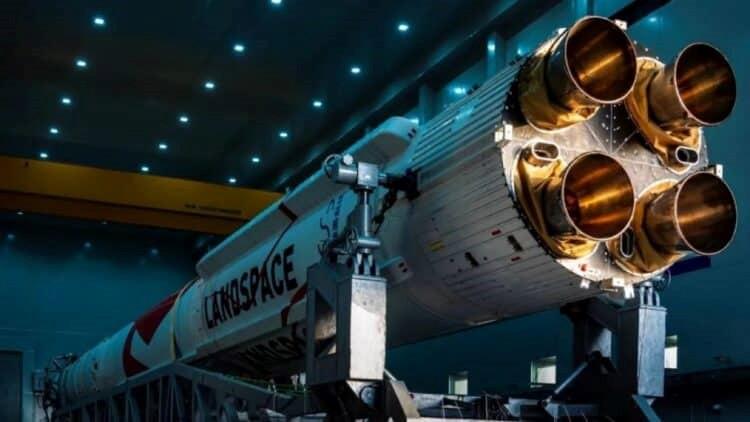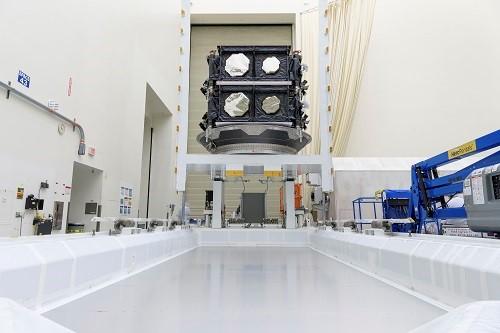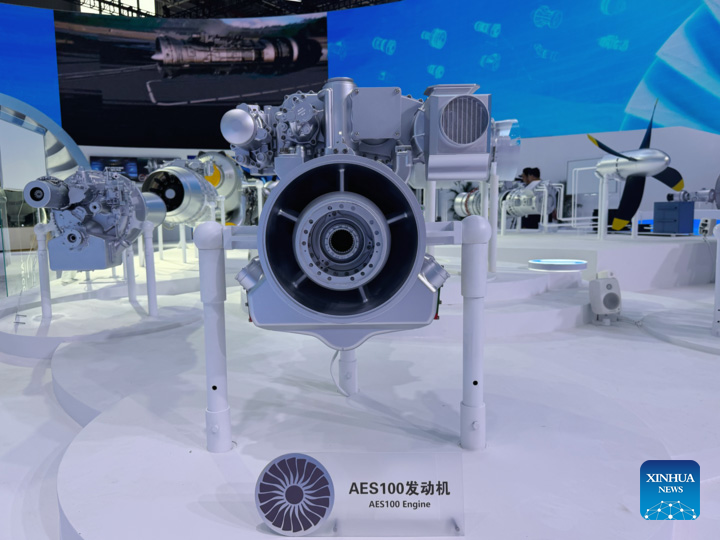China has unveiled a groundbreaking development in aerospace engineering, a methane-powered rocket engine capable of reaching speeds of 18,000 miles per hour without refuelling. This new technology is poised to transform space travel and may disrupt the global race for space innovation.
On the heels of the successful launch of the ZQ-2 Y2, China’s first spacecraft fueled by liquid methane and liquid oxygen, the nation has taken a significant lead in the development of cleaner, more efficient rocket propulsion systems. This launch is a game-changer in the space industry, with methane, a safer and cheaper alternative to traditional kerosene-based rocket fuels, marking a shift in the future of aerospace technology.
Liquid methane, paired with liquid oxygen, burns much cleaner than petroleum-based rocket fuels. This innovation not only saves millions of dollars but also reduces harmful emissions associated with rocket launches. To turn methane and oxygen into liquid form, scientists force the gases through metal tubes submerged in super-cold liquid nitrogen, creating the conditions necessary for efficient and powerful combustion.
China’s advancement aligns with the vision of iconic physicist Albert Einstein, who once theorized about the potential for air engines to power futuristic vehicles. However, the ZQ-2 Y2’s engine doesn’t rely on an air engine, but instead leverages the unique properties of liquid methane to reach remarkable speeds. Methane’s versatility and non-toxic nature make it a promising fuel for future space ventures.
The ZQ-2 Y2 rocket’s success is a signal to the rest of the world, particularly the United States, that the competition to develop more sustainable and efficient rocket engines is heating up. This new fuel technology has the potential to impact not only the space industry but also aviation for the next century. As other countries race to catch up, China’s strategic investment in methane-powered engines sets the stage for future aerospace dominance.
Researchers will continue to refine the process of producing liquid methane, with a focus on more environmentally friendly methods, such as deriving methane from decaying organic matter. While there is more testing and development ahead, China has already proven the viability of methane as the fuel of the future in space exploration.




